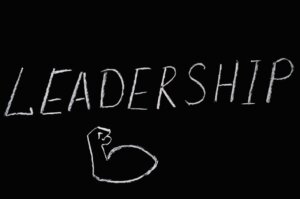A hallmark of coaching, whether coaching oneself or others, is to ask generative questions — questions to help clarify a current priority, to address the priority and learn at the same time.
However, are there times when a coach should “tell the truth” — to assert the coach’s perspective without the use of questions?
In his seminal book “The Road Less Traveled,” M. Scott Peck writes:
- “… the act of withholding the truth is always potentially a lie,” … (p. 62)
- “… the decision to withhold the truth must always be based entirely upon the needs of the person or people from whom the truth is being withheld.” (p. 62)
- “.. the primary factor in the assessment of another’s needs is the assessment of that person’s capacity to utilize the truth for his or her own spiritual growth.” (p. 63)
- “But the reality of life is such that at times one person does know better than the other what is good for the other, and in actuality is in a position of superior knowledge or wisdom in regard to the matter at hand.” (p. 151)
- “To fail to confront when confrontation is required for the nurture of spiritual growth represents a failure to love equally as much as does thoughtless criticism or condemnation and other forms of active deprivation of caring.”
- Speaks of hurting her/himself
- Speaks of hurting others
- Does not make progress on his/her priority over numerous coaching sessions
- Continues to show very strong emotions over numerous sessions
My “truth” might be the strong suggestion that he/she get a professional evaluation from a trained therapist.
What do you think?
—
For many related, free online resources, see the following Free Management Library’s topics:
- All About Personal and Professional Coaching
- Communications Skills
- Skills in Questioning
- Systems Thinking
- LinkedIn Discussion Group about “Coaching for Everyone”
————————————————————————-
Carter McNamara, MBA, PhD – Authenticity Consulting, LLC – 800-971-2250
Read my blogs: Boards, Consulting and OD, and Strategic Planning.
 Sections of this topic
Sections of this topic
















